Is Chemistry Just Physics?
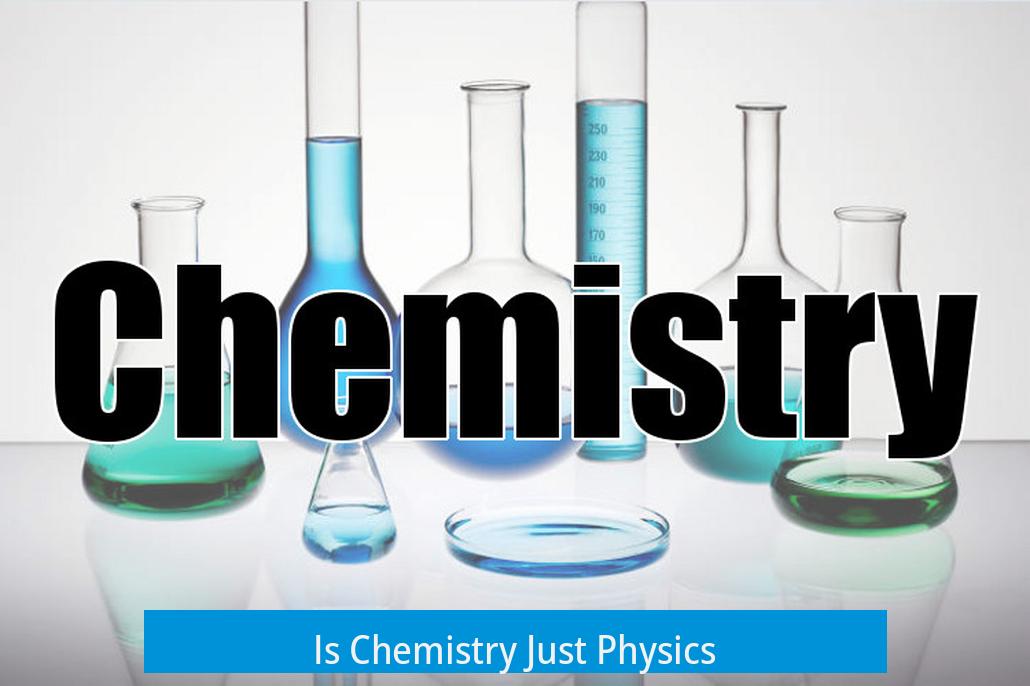
Chemistry is not just physics; rather, it is a distinct scientific discipline that overlaps with physics but focuses on unique questions and phenomena related to atoms and molecules. Both chemistry and physics share foundational principles, yet they pursue different goals, methods, and applications.
Chemistry and Physics: Relationship and Overlap
- Chemistry deals with the behavior of atoms and electrons, especially focusing on the valence electron shell shaped by atomic nuclei.
- Physics underpins chemistry by explaining fundamental laws governing particles and forces in the universe.
- All natural sciences, including chemistry, can be seen as applications of physics, with mathematics serving as the universal language.
- Despite this, chemistry and physics maintain separate identities as branches of physical science.
For instance, physical chemists and theoretical chemists work closely with physicists on topics like quantum mechanics and thermodynamics. However, their questions and research priorities differ. Chemists investigate molecular structures, reactions, and properties that may not interest physicists, who often emphasize simpler systems or fundamental particles.
Chemistry as an Independent Field
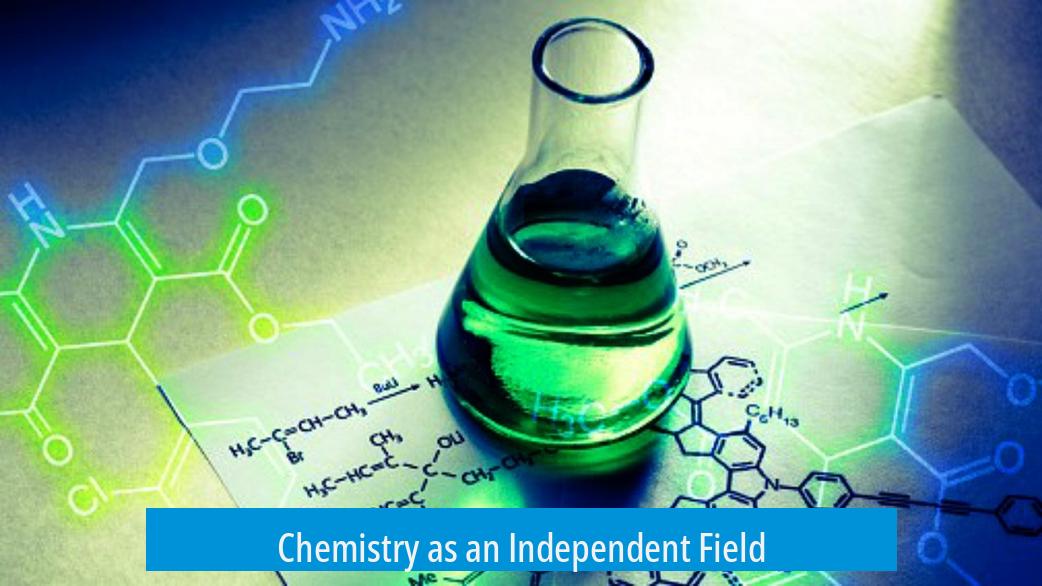
Chemistry requires its own specialized research to harness and design materials with specific chemical and physical properties. Subfields like organic chemistry study reactions in complex molecules that are typically outside the scope of physics. Practical applications, such as those in medicinal chemistry and materials science, depend on chemical principles unique to its discipline.
- Chemistry encompasses compounds and molecular interactions beyond basic physics.
- It provides tools and knowledge for creating new substances with tailored functions.
- Fields like nuclear medicine combine physics, chemistry, biology, and engineering to address complex medical challenges.
Differences in Focus and Practice
Chemists often focus on molecules and their interactions on scales relevant to biological systems or materials. Physicists might prioritize elemental behavior or fundamental forces and use applied physics to develop technologies. Organic chemistry, central to biology and medicine, is generally explored within chemistry rather than physics.
For example, physicists involved in biophysics or electrochemistry collaborate in interdisciplinary research but approach problems with physics-based methods and models.
Limitations of Physics in Fully Explaining Chemistry
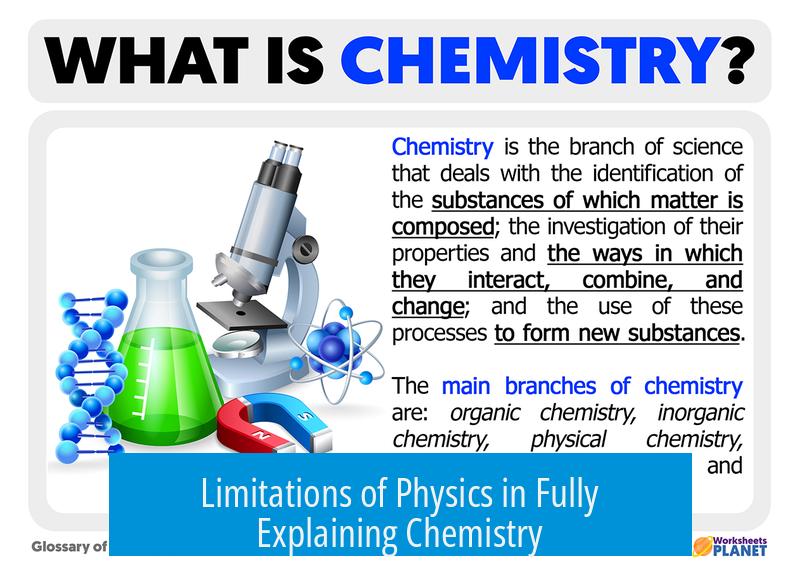
While quantum mechanics grounds much of chemical theory, current physics does not fully explain all chemical phenomena. The complexity of molecules and their interactions challenges mathematical models. The gap between quantum and classical mechanics limits complete descriptions of molecular behavior.
- Statistical mechanics offers probabilistic predictions, not exact answers.
- Advanced mathematical tools like geometric algebra may close knowledge gaps but have not yet rendered chemistry fully reducible to physics.
Philosophical and Interdisciplinary Perspectives
Science disciplines are tools formulated to answer specific sets of questions. Chemistry, physics, biology, and mathematics deal with overlapping but distinct problems. Viewing chemistry as “just physics” is a simplification that ignores the depth and creativity inherent in chemical research. As sciences evolve, interdisciplinary work becomes essential.
- Physical chemistry and theoretical chemistry blur traditional boundaries with physics.
- Researchers increasingly combine knowledge from physics, chemistry, and biology to innovate.
- Education reveals how interconnected but independent scientific fields are.
Summary of Key Points
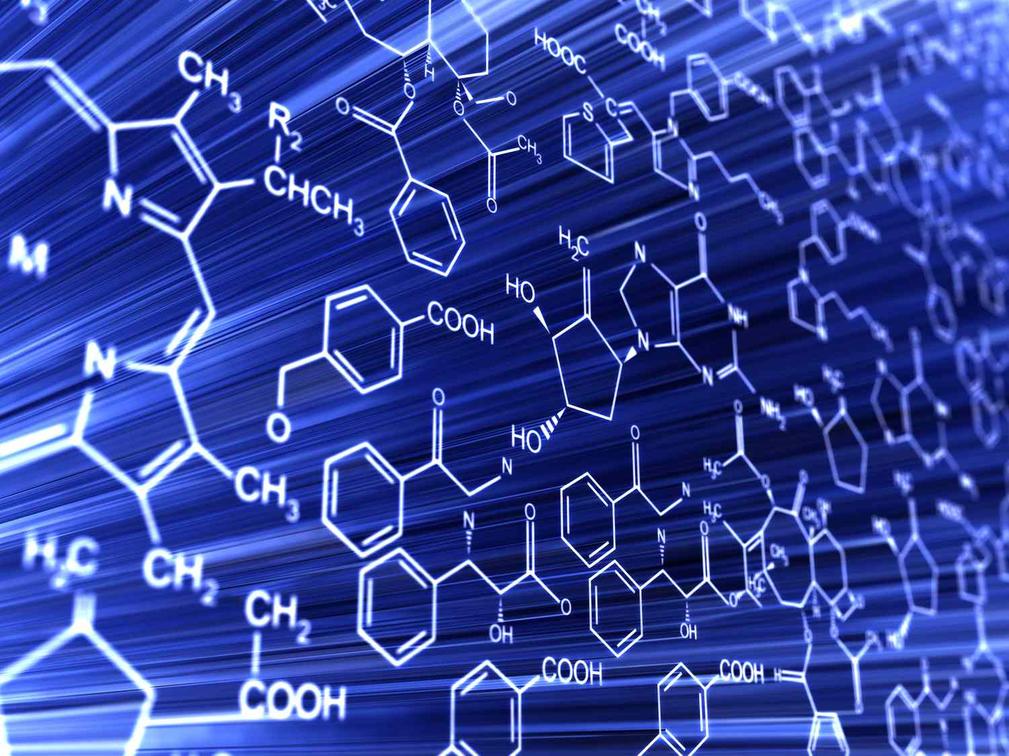
- Chemistry is not merely physics but a unique science focused on molecules and their interactions.
- Both fields share foundations but ask different questions and apply different approaches.
- Chemistry requires specialized study for complex compounds and practical applications.
- Current physical theories cannot fully explain all chemical phenomena due to complexity.
- Interdisciplinary research integrates chemistry and physics but maintains distinct disciplines.
- Oversimplifying chemistry as “just physics” overlooks the complexity and creativity of both sciences.
Is Chemistry Just Physics? Unpacking the Truth Behind the Sciences
Is chemistry just physics? The short answer is no — not really. While chemistry fundamentally relies on physics principles, it stands firmly as its own vibrant, independent field with unique problems, perspectives, and applications.
Sounds like a simple “no,” but the details? Ah, that’s where the story gets spicy, like a well-brewed reaction in a chemistry lab. Let’s unravel this together, going layer by layer from atoms to academic attitudes, and why the debate is more than just academic quibbling.
Chemistry: A Child of Physics or Its Own Creature?
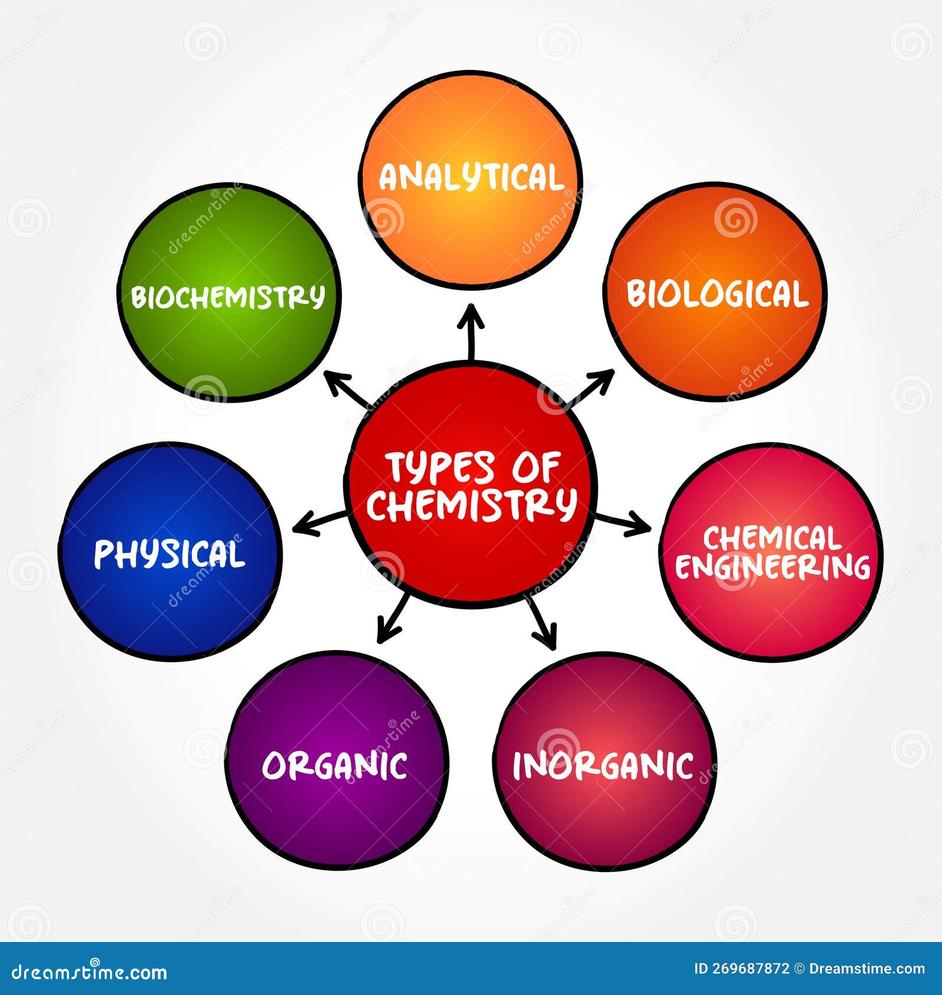
Yes, chemistry is deeply rooted in physics. Atoms, electrons, bonds—all those tiny players follow physical laws. You could say chemistry is the physics of atoms and electrons, especially the valence electron shells that dictate chemistry’s colorful dance.
Physicists explore those fundamental laws—the quantum rules that govern particles and energy. Chemistry takes those physical realities and says: “Okay, what can I do with this? How can substances mix, react, or combine to form new materials?”
This view resonates with many experts: Chemistry is just physics of the valence electron shell defined by the nuclei. But the plot twist? Everything falling back on physics doesn’t mean chemistry is just a subset or a mere branch of physics.
Think about it. Physics tries to explain universe-wide laws. Chemistry answers the practical “how” behind those laws when it comes to molecules and materials. Both disciplines are branches of physical science. They overlap, sure, but neither is a shadow of the other.
So, Why Isn’t Chemistry Just Physics? The Complexity and Creativity Factor
You might hear physics students claim that chemistry is “applied physics” or “just physics with more hassle.” But that’s a bit of a pet peeve for chemists everywhere. These are often the statements of those who haven’t dived deep into chemistry’s ocean.
Chemistry demands its own field because the possibilities it explores are too vast to be pinned solely on physics. From creating new materials to tailoring molecules that cure diseases, chemistry digs into complexity that physics alone can’t tame with current tools.
The difference in focus stands out: chemists obsess over molecules and reactions, especially organic chemistry, which physicists generally leave alone. Physicists often study simpler systems—one or two elements under exotic conditions—but chemists embrace molecular complexity, practicality, and real-world applications.
The Practical Divide: A Tale of Molecules, Atoms, and Interdisciplinary Dance
Take this fun fact: chemists manipulate molecules all day long, sometimes bending atoms in ways most physicists don’t care to try. Physicists zoom in on elemental behavior or quantum states, while chemists juggle dozens, hundreds, or even thousands of atoms in complex molecules.
For example, organic chemists study carbon compounds that are the building blocks of life—something physicists typically leave to biologists and chemists. The chemistry of life is a chemical playground not always aligned with physics labs’ interests.
Then comes nuclear medicine, an interdisciplinary hotspot where chemistry, physics, biology, and engineering join forces. Here, physics’ atomic understanding meets chemistry’s molecular finesse and biology’s cellular mysteries to fight diseases like cancer. Mechanical engineers even build tiny nanomachines to physically attack cancer cells, a project impossible in pure physics or chemistry alone but thriving in the intersection.
Educational Perspectives: From Freshmen Misconceptions to Expert Realizations
Fresh out of high school or in freshman college days, many students might think sciences live in isolated boxes: “Physics is physics, chemistry is chemistry.” Some even believe chemistry is merely applied physics. Over time, deeper study reveals that boundaries blur.
Physical chemists and theoretical chemists straddle the line, sometimes hard to distinguish from physicists themselves. It’s not that they do the same work but ask the same questions — chemistry often focuses on understanding and manipulating molecules, while physics digs for universal laws and principles.
And don’t forget — researchers in interdisciplinary fields like electrochemistry, ionic-liquid crystals, or biophysics illustrate how these sciences merge in modern labs. A physicist with a chemistry paper? Totally normal. A chemist leveraging physics principles? Daily business.
Why Physics Alone Can’t Explain Chemistry Fully
Here’s a kicker: using physics alone to explain all of chemistry is like trying to decode evolution merely through carbon reactivity. The leap from quantum mechanics to the complex chemical behavior of molecules is gigantic and fraught with gaps in understanding.
Quantum mechanics offers probabilities, not certainties, about how atoms behave. Statistical mechanics helps by outlining likely outcomes but can’t describe every molecular nuance fully. Classical mechanics and quantum theories struggle to capture the entire picture of chemical complexity.
New mathematical frameworks, like geometric algebra, may someday close this explanatory gap. For now, the most advanced physical models only approximate chemical behaviors — and often only for simple molecules like H2.
Chemistry as an Art and a Philosophy
Because of this complexity, chemistry is not just cold hard science but a form of art. Creativity drives chemists in concocting new compounds or drug molecules. There’s an artistry in predicting how atoms combine, crafting new reactions, and controlling molecular assembly.
In the end, all scientific fields veer into philosophical territory, pondering what it means to explain nature. Is mathematics just pure science and everything else applied math? Is physics just math? Are we all just trying to make sense of things with different lenses?
Humor aside, chemistry will remain a unique discipline for the foreseeable future — one that dances on the edge of physical laws but forges its own specialized path and culture.
Analogies and Philosophical Musings
Want more everyday comparisons? Saying “chemistry is just physics” is like saying cooking is just chemistry. Sure, cooking follows chemical rules, but explaining spaghetti sauce only by tracking chemical reactions misses the point—and the joy.
Physics is steeped in mathematics, and biology leans heavily on chemistry. Everything blends in the natural sciences toolbox, where math, physics, chemistry, biology and engineering provide complementary tools to tackle varied questions.
So, instead of competing over which is more fundamental, it’s wiser to recognize how these fields work in harmony. Chemistry, physics, biology — they’re different keys on the same science piano. Play one well, and you create harmony. Play them all together, and you compose a symphony of understanding.
Key Takeaways: The Final Verdict
- Chemistry relies on physics laws but is not merely a branch of physics. It leverages physics but forges independent questions and applications.
- Chemistry focuses on molecules and reactions — areas physics typically leaves aside. This specialization requires its own theories and tools.
- Interdisciplinary research blurs these boundaries further. Nuclear medicine, biophysics, and materials science show the power of crossing fields.
- Physics alone struggles to explain complex chemical behavior fully. Gaps in understanding and mathematical limits remain significant.
- Chemistry mixes science, art, and philosophy. Creative synthesis and experimentation maintain chemistry’s unique flavor.
So the next time someone casually says “chemistry is just physics,” you can smile knowingly. Because if chemistry were only physics, organic chemists wouldn’t need to wear those cool lab coats, and that fascinating molecule your favorite drug depends on might never have been discovered.
In science, as in everything, it’s the details that matter—and chemistry’s details are delightfully its own.


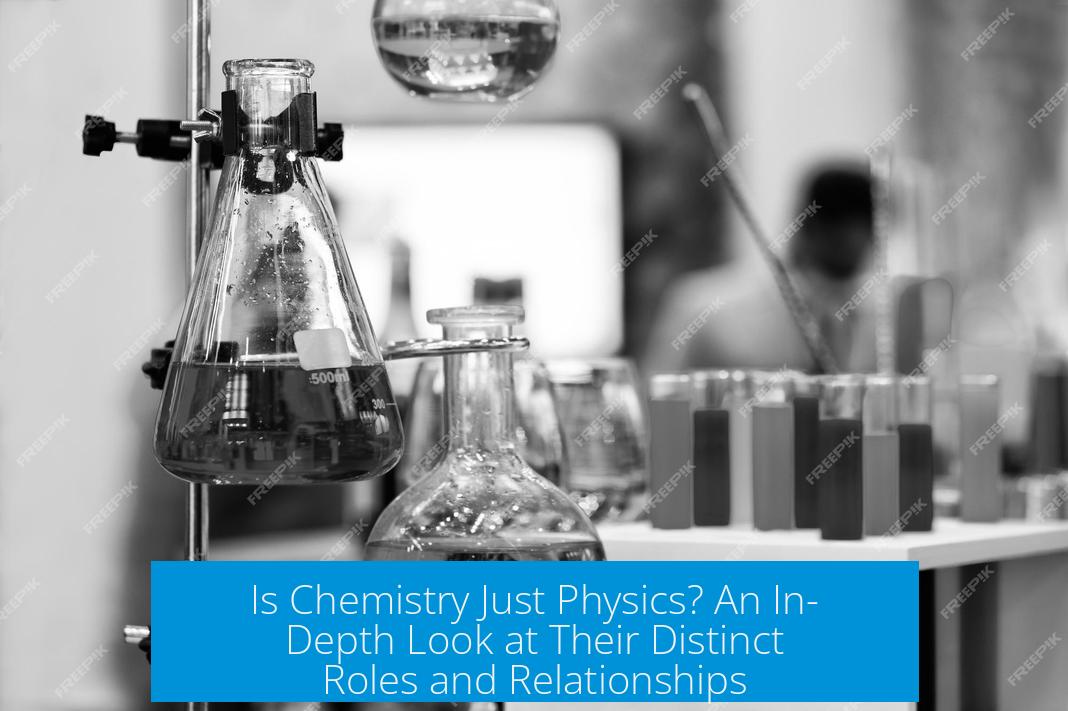
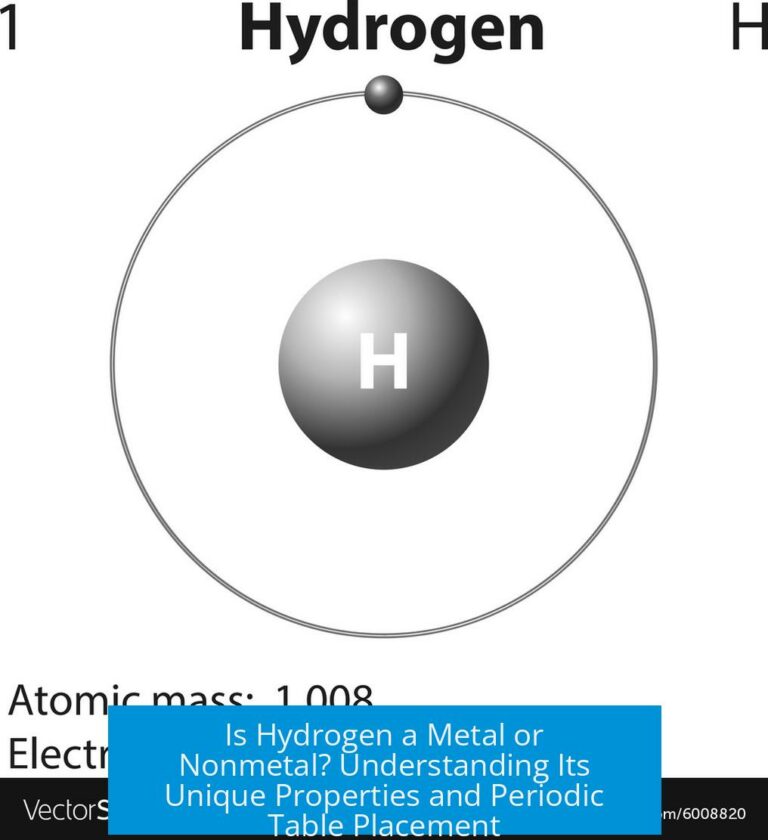

Leave a Comment